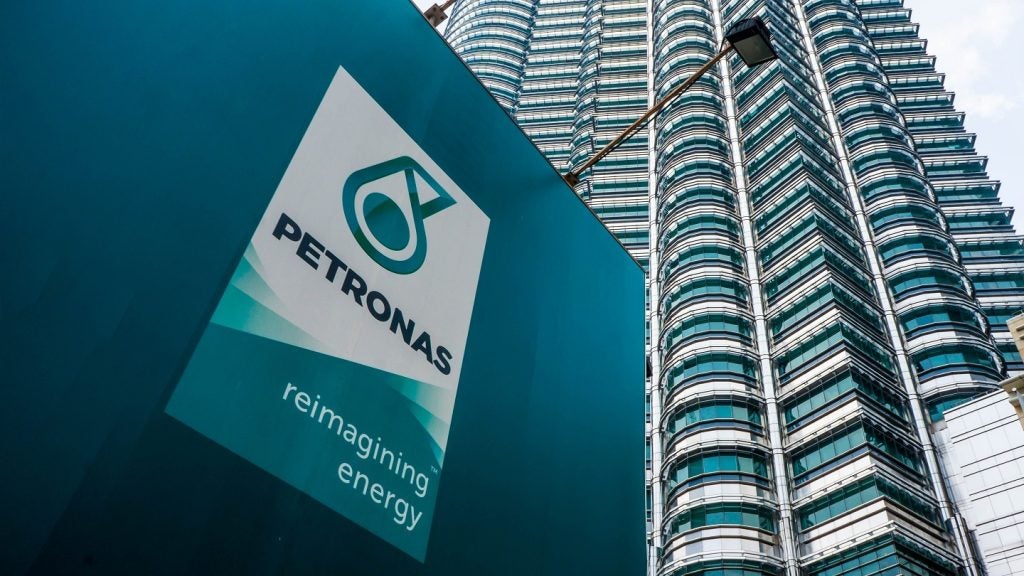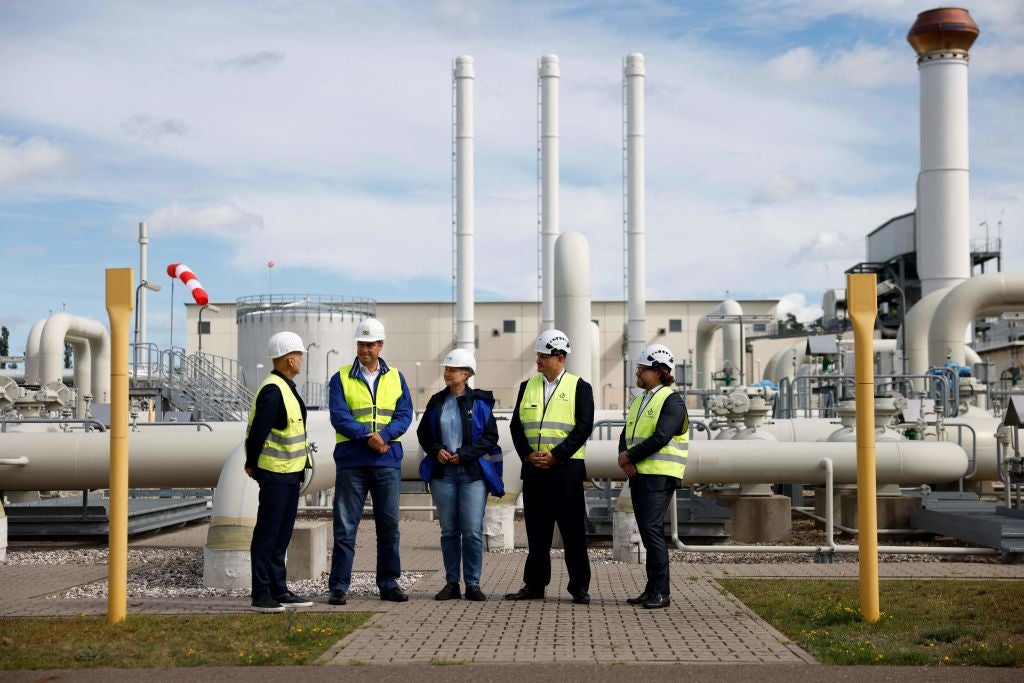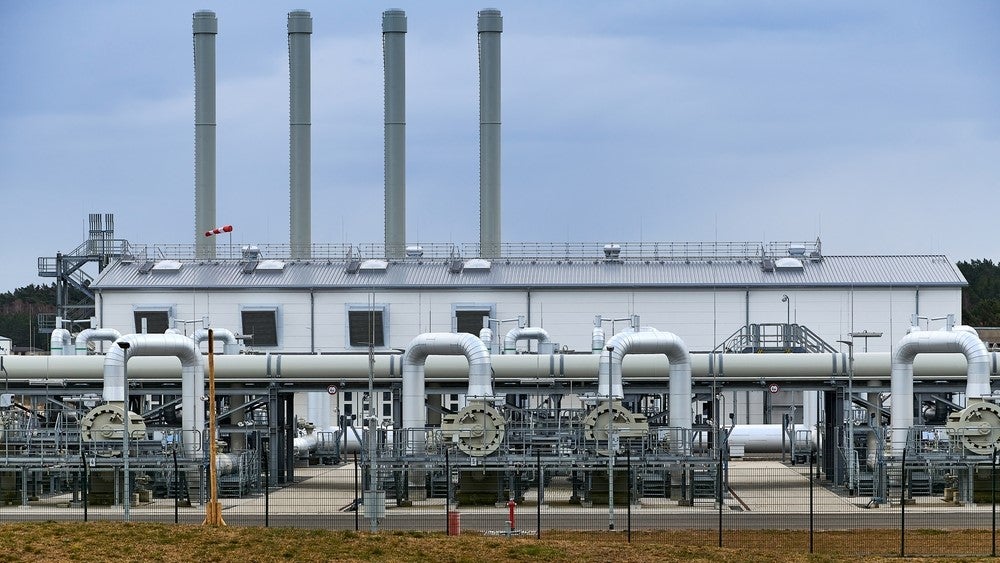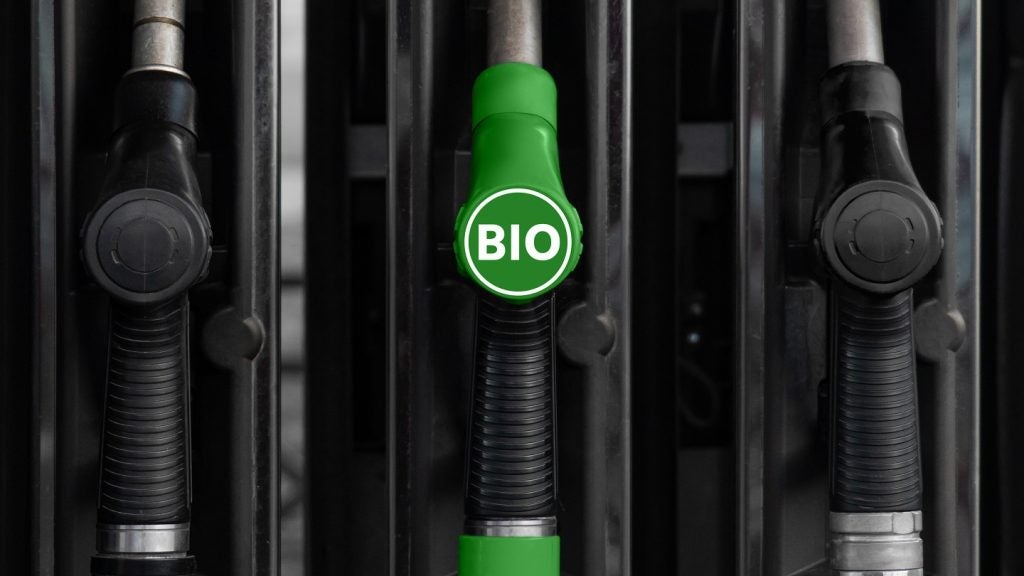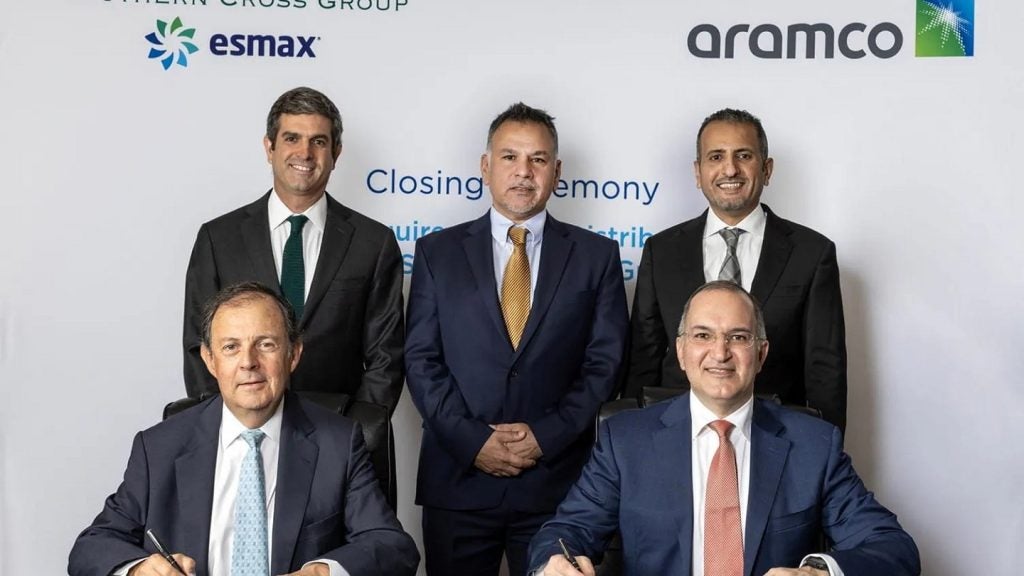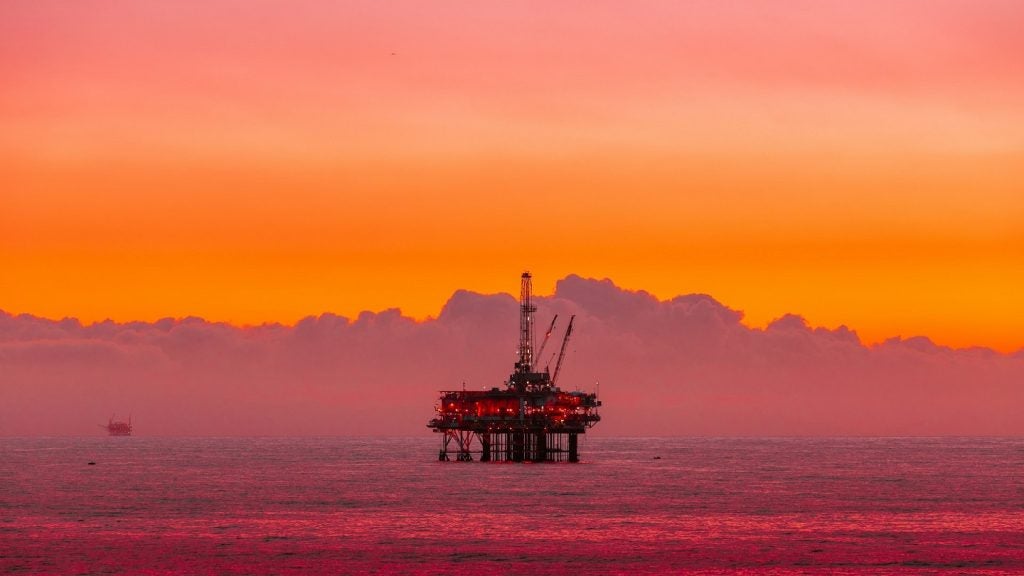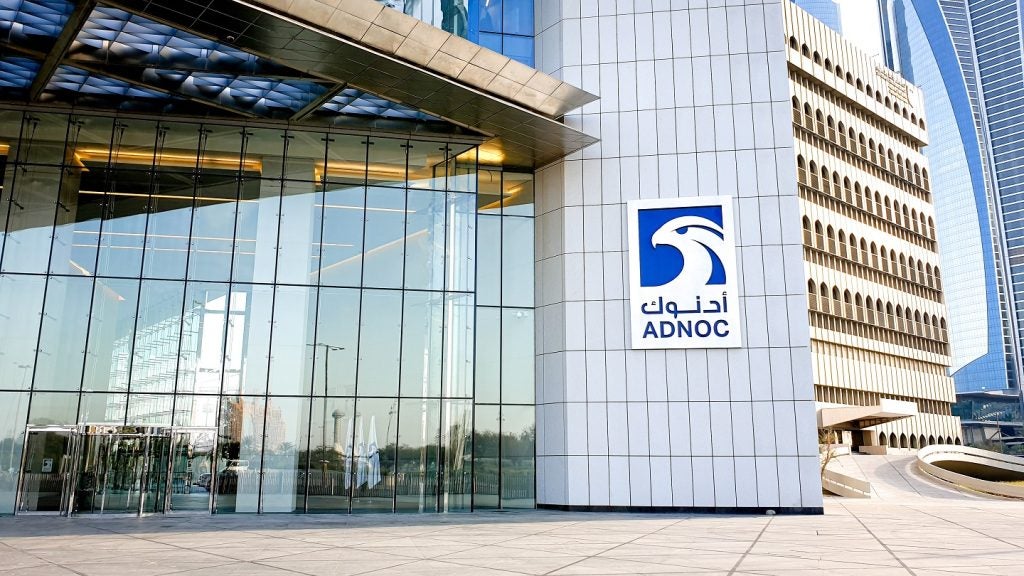Petronas, Malaysia's national oil company, has entered into a collaborative agreement with a Japanese consortium to explore CCS initiatives.
PETRONAS CCS Solutions and the consortium, comprising ENEOS, JX Nippon Oil & Gas Exploration and Mitsubishi, will conduct a joint study on establishing potential CCS value chains, including CO₂ capture, transport and storage in Malaysia.
The partnership aims to capture and accumulate approximately three million tonnes of CO₂ annually in the Tokyo Bay area, with the potential to double this amount.
The project, said to be one of Japan's largest planned CCS initiatives, aims to commence operations by the fiscal year 2030.
Under the alliance, the consortium will research CO₂ capture from multiple industries, necessary equipment, transport logistics, storage site development, business feasibility, and relevant legislation in both Japan and Malaysia.
ENEOS will concentrate on CO₂ separation and capture from refineries, accumulation, liquefied CO₂ transport, value chain construction and government engagement.
JX Nippon will focus on the development and evaluation of CCS storage sites in Malaysia.
Mitsubishi's responsibilities include CO₂ accumulation, liquefied CO₂ transport, value chain construction and government engagement.
PETRONAS CCS Solutions will manage CO₂ storage at CCS sites in Malaysia, oversee liquefied CO₂ transport and engage with the Malaysian Government.
In a joint statement, the four companies said: “Taking advantage of our knowledge of oil and gas development and experience in establishment of energy value chains, the four companies will work together with the Japanese government, the Malaysian government, local governments, CO₂ emitters and engineering companies to study the feasibility of accumulating one of the largest amount of emissions in Japan and storage in Malaysia.”
This agreement builds on a previous storage site agreement (SSA) signed by Petronas with Japan Petroleum Exploration, JGC Holdings and Kawasaki Kisen Kaisha, which centred on the depleted M3 field offshore Sarawak, Malaysia.
The SSA aims to facilitate feasibility studies of CO₂ storage sites, planning of storage site development including onshore terminals and pipelines, and assessment of techno-commercial feasibility.


